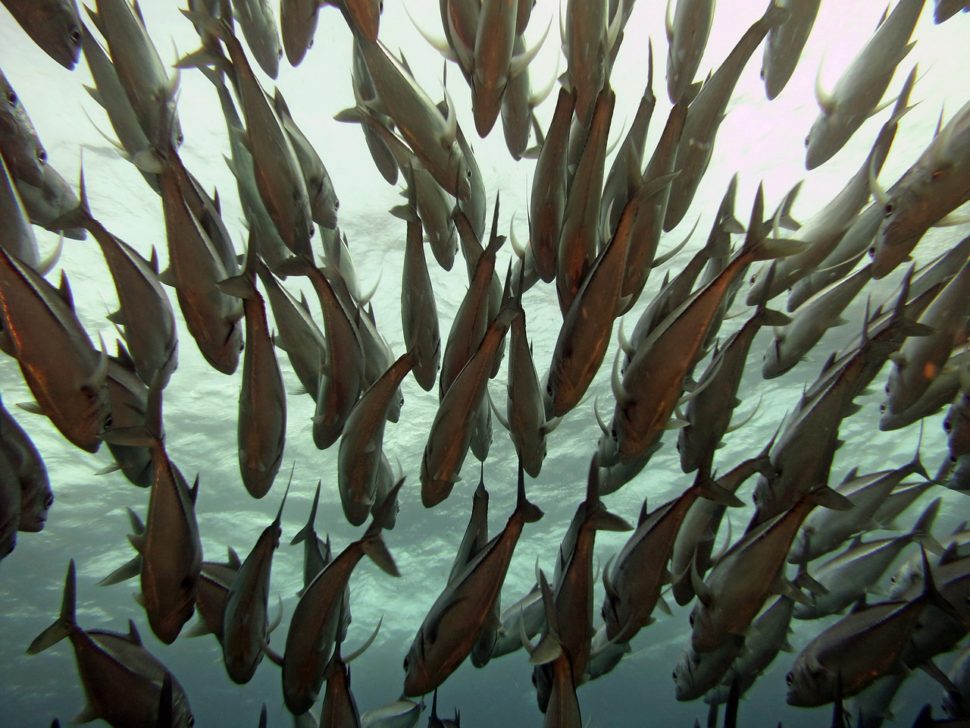Last month, Burger King and startup Impossible Foods introduced the Impossible Whopper, showing just how powerful the synthetic meat industry is becoming.
The Impossible Whopper debuted as a plant-based burger that’s intended to win over vegetarian customers and meat lovers alike.
The commercialization of a meatless burger is a milestone, but it doesn’t really offer an alternative to everyone, especially fish lovers.
A few food tech startups have tackled another segment of the meat industry, lab-grown fish, making real fish meat that has never been in the water.
Cell-Based Aquaculture: Lab-Grown Fish
Producing fresh and safe seafood without harming marine biodiversity is the challenge that a small number of startups are tackling.
The word “nalu” in Hawaiian can be a noun meaning the waves of the ocean, or a verb that evokes being mindful, so it was a perfect choice as a brand name for BlueNalu, Inc.
According to BlueNalu, we don’t have to rely solely on farm-raised or wild-caught fish to eat seafood products.
Instead, the company produces lab-grown seafood that it claims is as healthy and tasty as conventional seafood.
BlueNalu’s cellular aquaculture technology grows seafood from living cells that were isolated from real fish and cultured, then assembled into marketable fresh and frozen seafood products.
“We plan to reduce fishery pressure, displace the need for imports, create jobs, and enhance food security in each country in which we go to market, in a way that is healthy for people, humane for sea life, and sustainable for our planet,” said Lou Cooperhouse, BlueNalu’s president and CEO.
Read More: Survey Shows Asia is Ready for Lab-Grown Meat
Currently, there are only six startups worldwide that are focusing on cell-based seafood, and three of them are based in California. The other two, besides BlueNalue, are Finless Foods and Wild Type.
Founded by two young vegetarians and environmentalists, Finless Foods produced in-vitro fillets of bluefin tuna. They take cells from living bluefin tuna and let them multiply in a culture medium that contains all the necessary nutrients for growth.
Wild Type, a San Francisco-based company, also uses cellular aquaculture tech and is primarily focused on cell-based salmon meat.
The company, which has raised $3.5 million in seed funding, was co-founded by a former U.S. diplomat in Afghanistan who saw food insecurity firsthand and decided to do something once back home.
Each of these companies is at different stages in developing their projects and while all can present test products now, they’re not ready yet to market them. We’re likely at least five years away from seeing actual cell-based seafood products on the shelves.


















Comments (0)
Most Recent